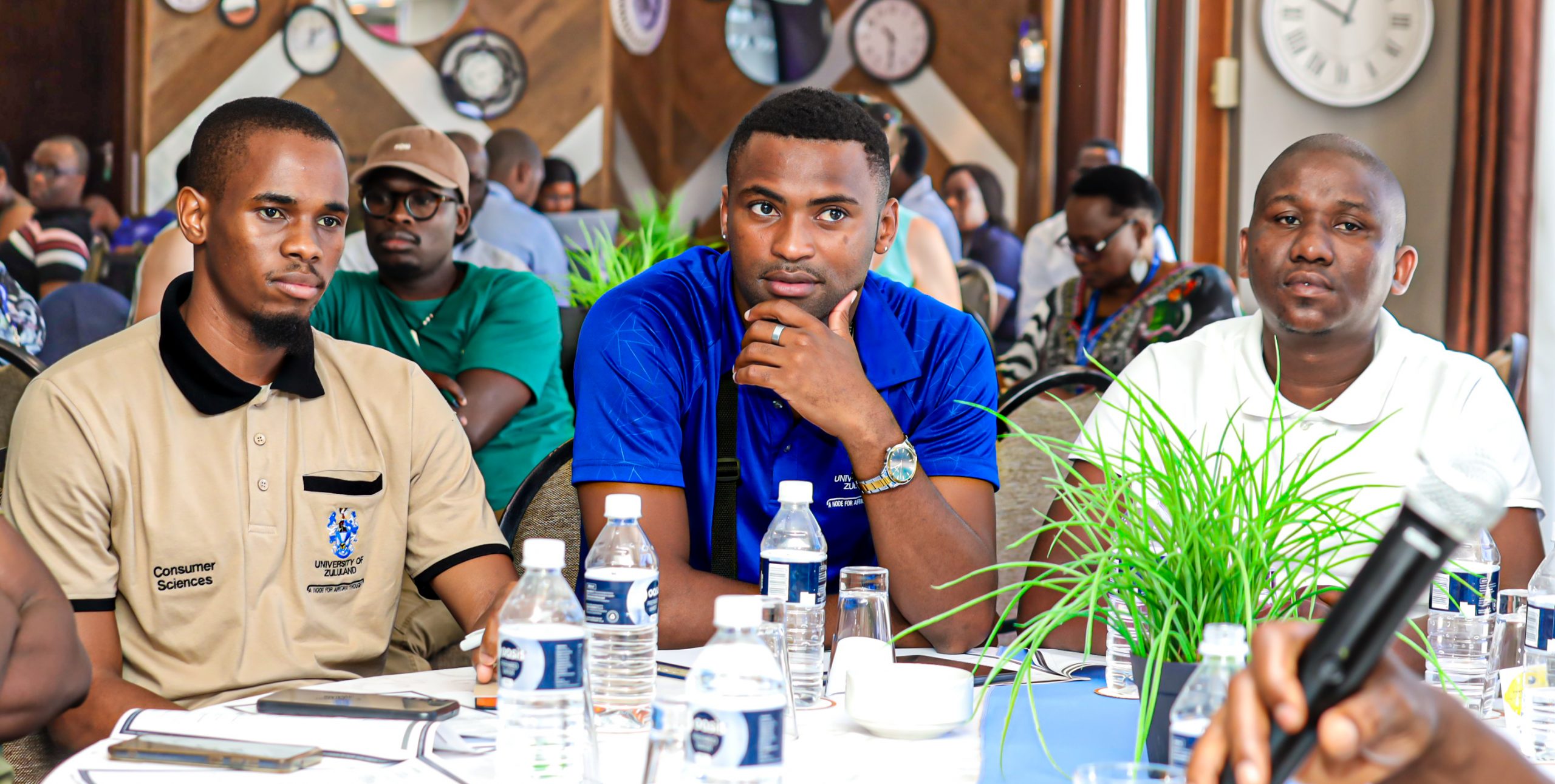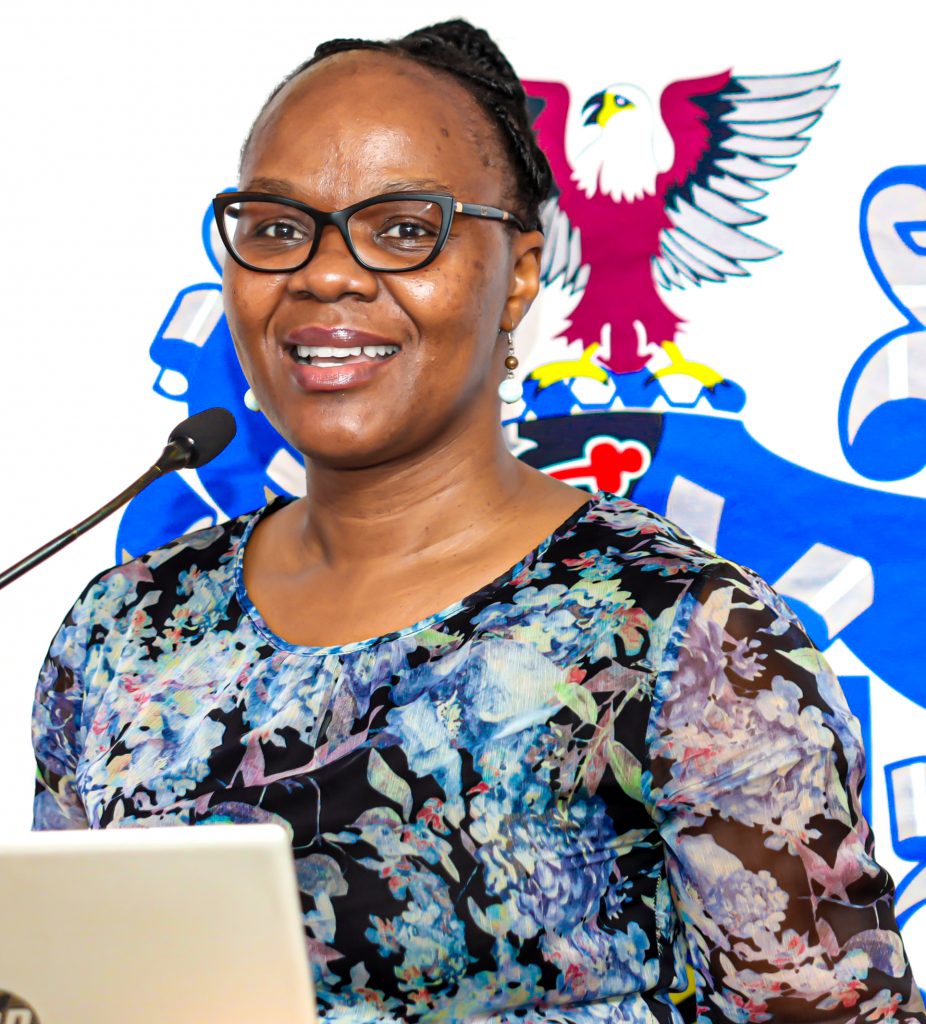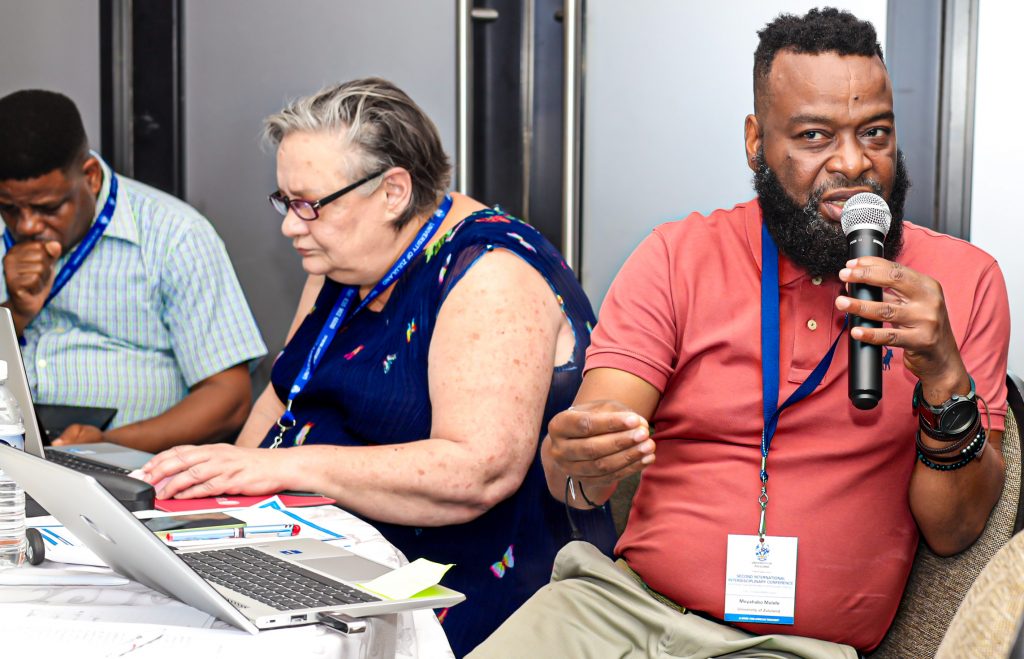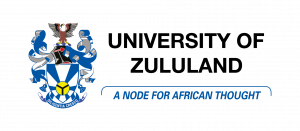Language, Disciplinarity and Knowledge Explored During 2nd International Interdisciplinary Conference

The University of Zululand’s (UNIZULU) Department of English recently held its 2nd International Interdisciplinary Conference at the Bon Hotel Waterfront. Dedicated to language, disciplinarity, and knowledge production in South Africa, the two-day conference aimed to explore the intricate relationships between language, academic disciplines, and the processes through which knowledge is created, shared and transformed in contemporary and, most importantly, African contexts.
While officially opening the conference, Dean of the Faculty of Humanities and Social Sciences (FHSS) Professor Allucia Shokane asserted: “We need to break down the barriers between discipline and encourage interdisciplinary approaches to understanding Africa and South Africa specifically.” She then urged her colleagues to focus on the issues of knowledge production.

The day proceeded with powerful and fruitful presentations by both physical and virtual attendees. From the University’s Department of Law, Advocate Heidi Schoeman and Dr Xolisile Khanyile discussed the evolution of South African law – from colonialism to ubuntu. Dr Blessing Phakathi from the Department of English also presented a study titled “Using IKS to teach American Literature: A case of ‘The Ones Who Walk Away from Omelas’”.
On the second day of the conference, there was a keynote address by Dr William J Mpofu, an esteemed researcher working in the University of Witwatersrand (Wits) Centre for Diversity Studies. Dr Mpofu’s research emphasises the importance of promoting indigenous and tribal languages as a means of decolonising knowledge and education. He advocates for the recognition and revitalisation of these languages to preserve cultural heritage and identity. His work highlights how indigenous languages are crucial for self-expression, community cohesion, and the transmission of traditional knowledge.
Dr Mpofu argued that “promoting indigenous languages can challenge the dominance of colonial languages and contribute to a more inclusive and equitable society. This involves integrating indigenous languages into educational systems, media, and public life to ensure they thrive in contemporary contexts”.
He spoke about the lack of disciplinarity towards decolonising African Languages into languages of science knowledge and liberation. “Most of our indigenous languages were colonised and intellectualised by missionaries,” emphasised Mpofu.

The event fostered a vibrant exchange of ideas, highlighting the critical role of indigenous languages in shaping a more exclusive and equitable educational landscape. The conference not only provided a platform for meaningful dialogue but also strengthened the sense of community and shared vision among attendees.
– Sbahle Dumakude
Pictures: Xolani Ncube

